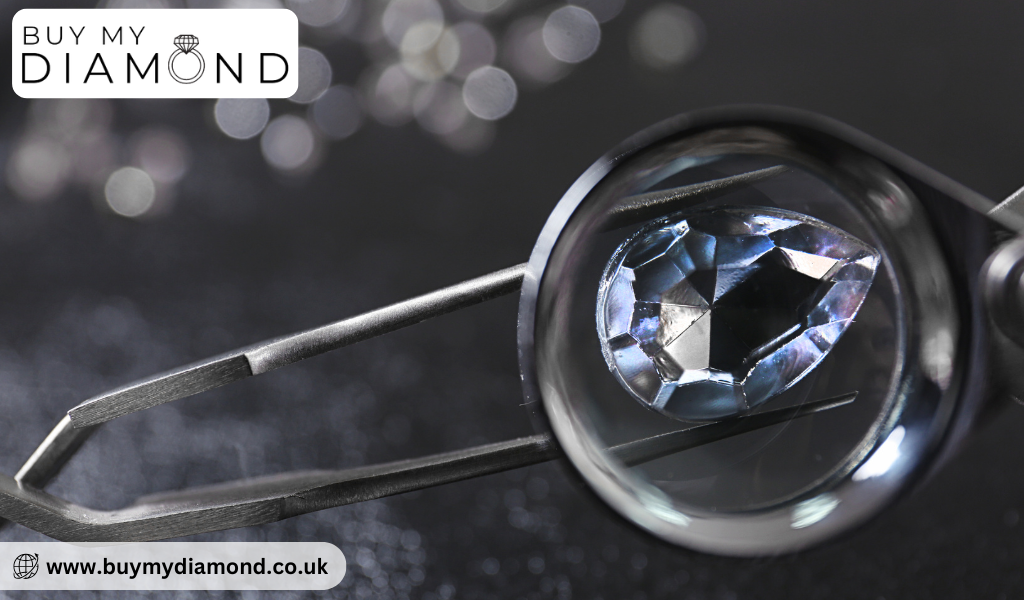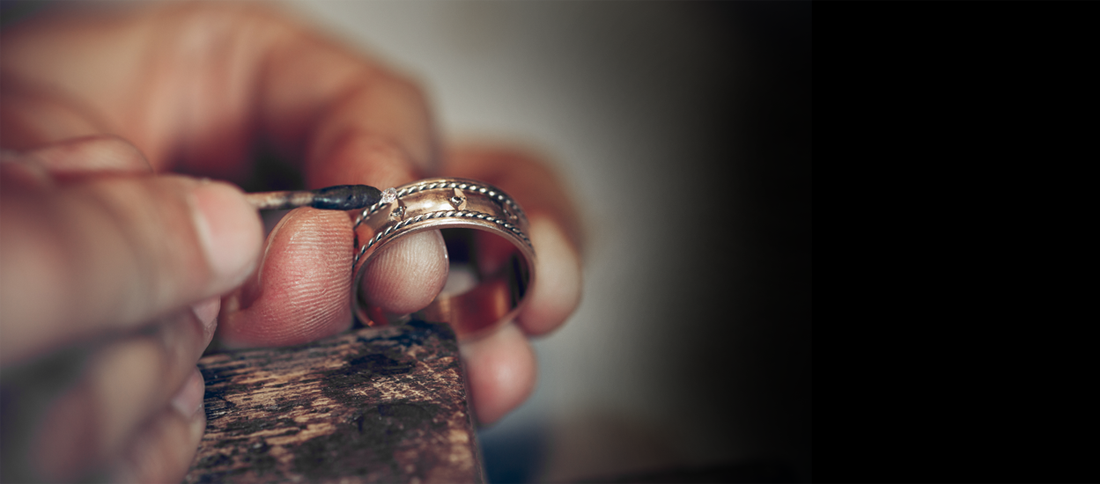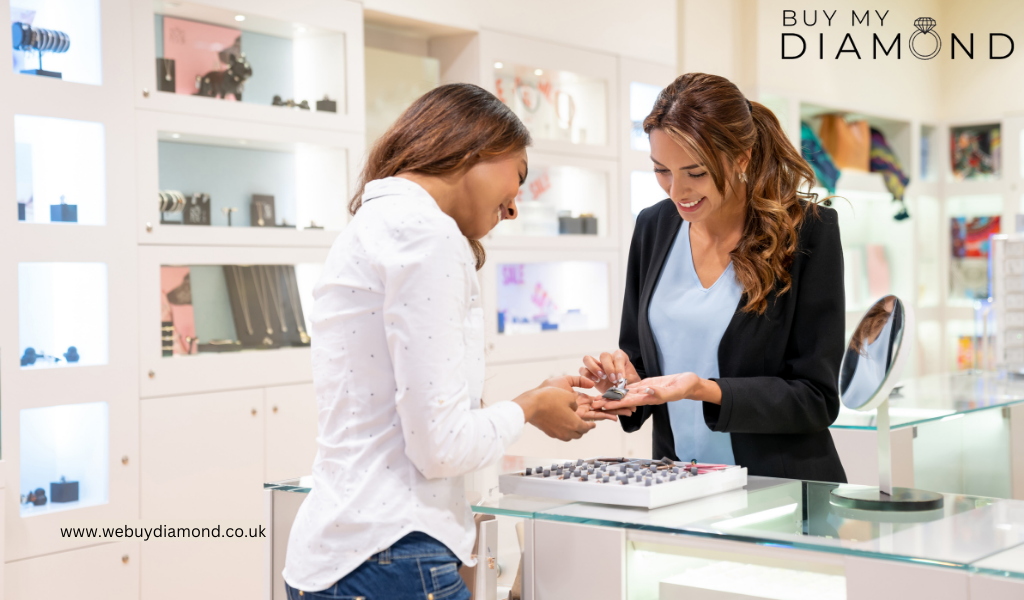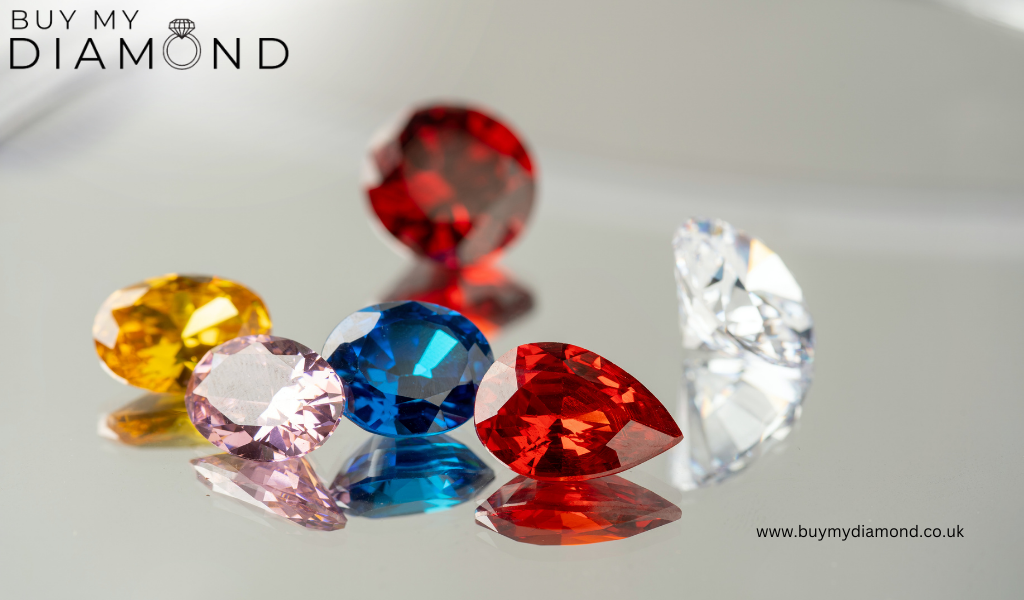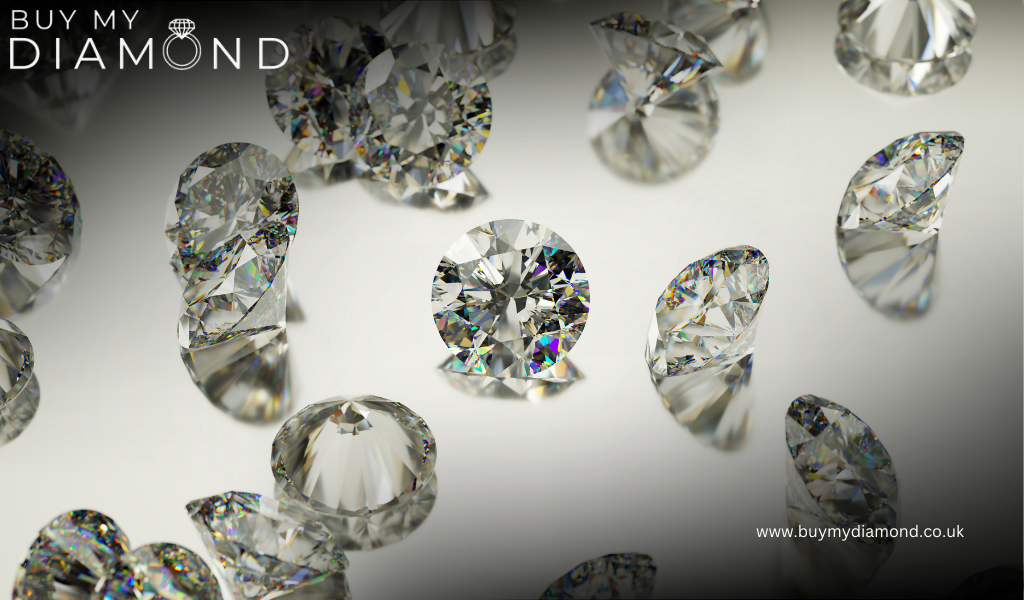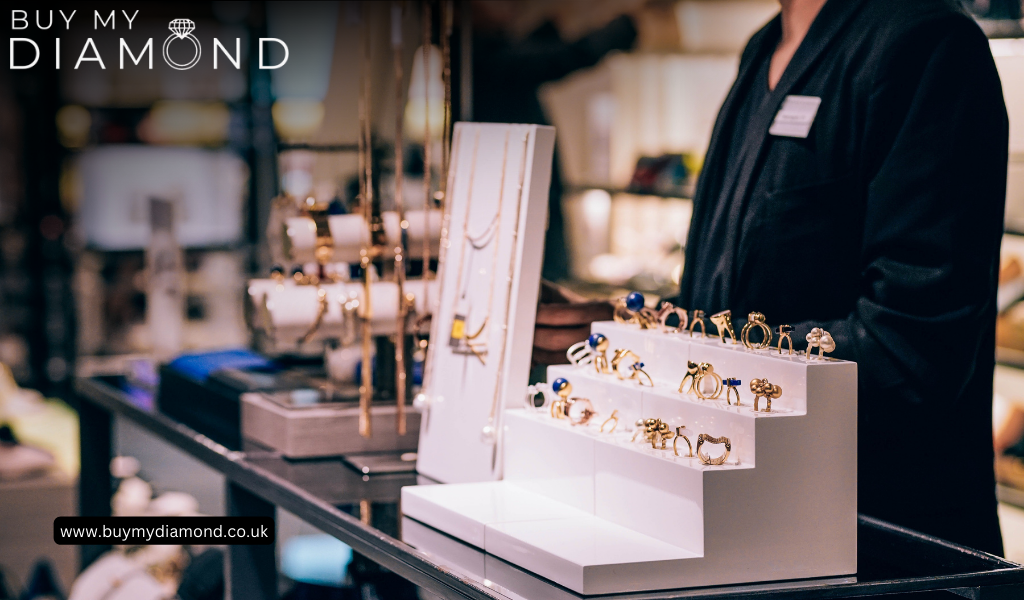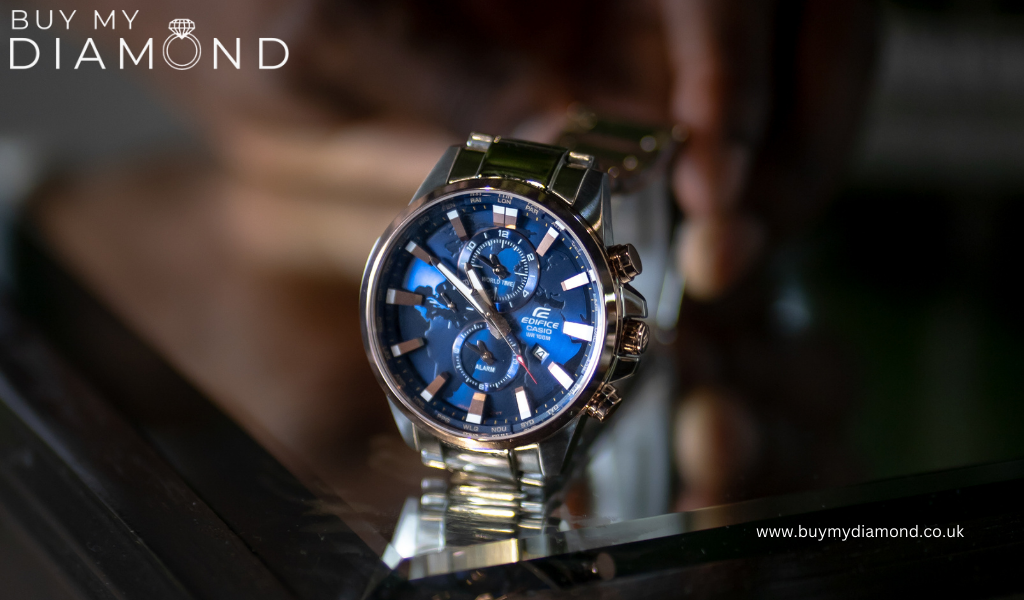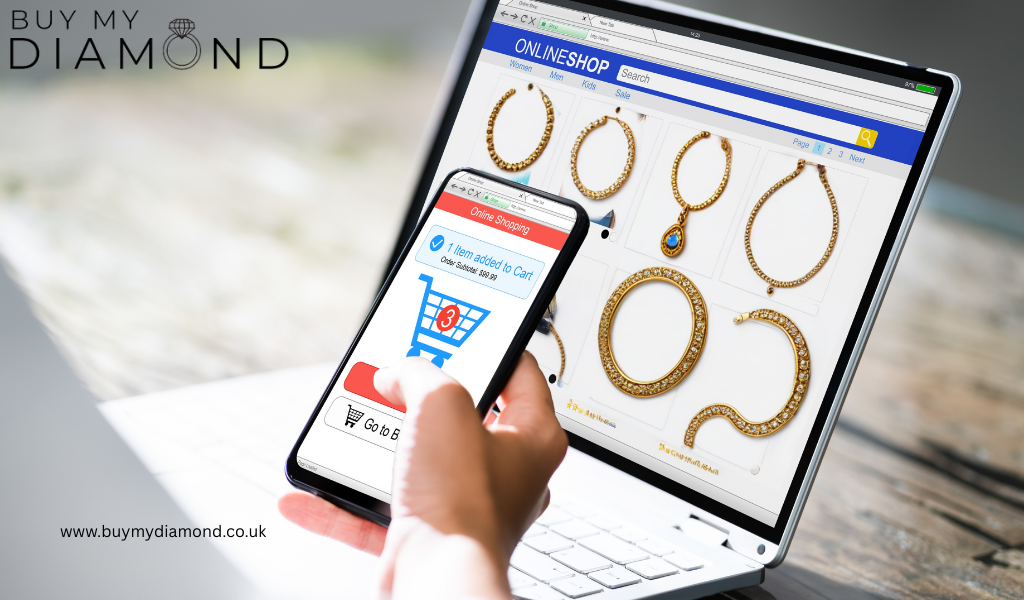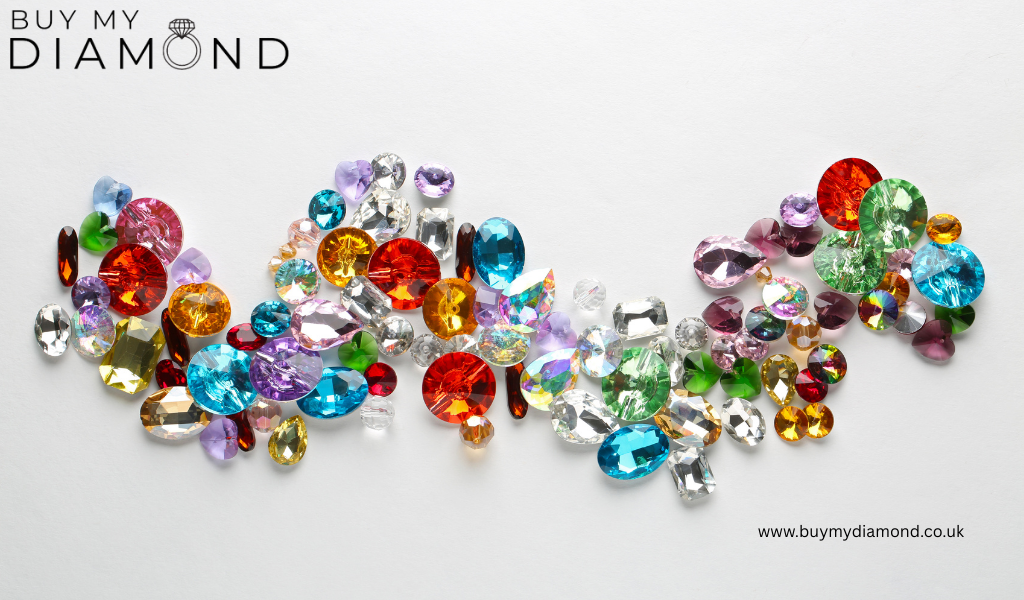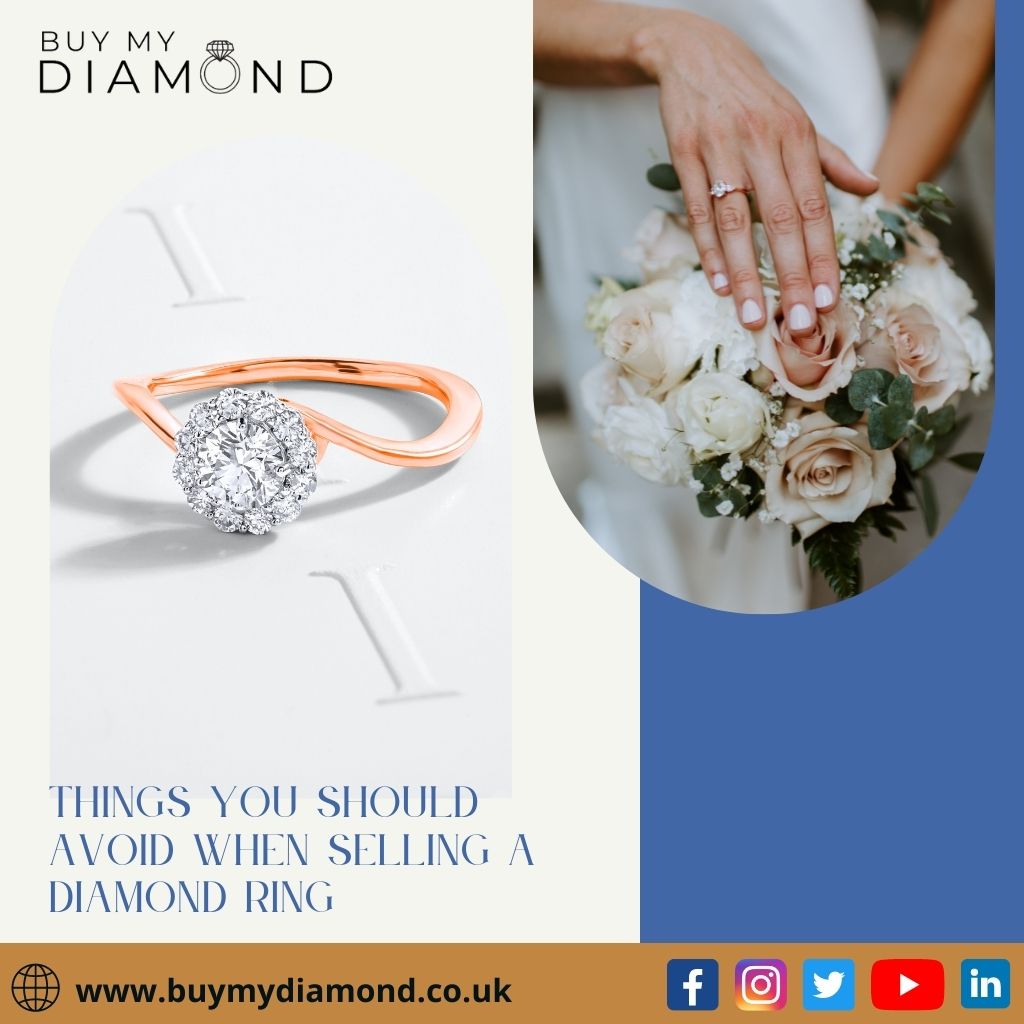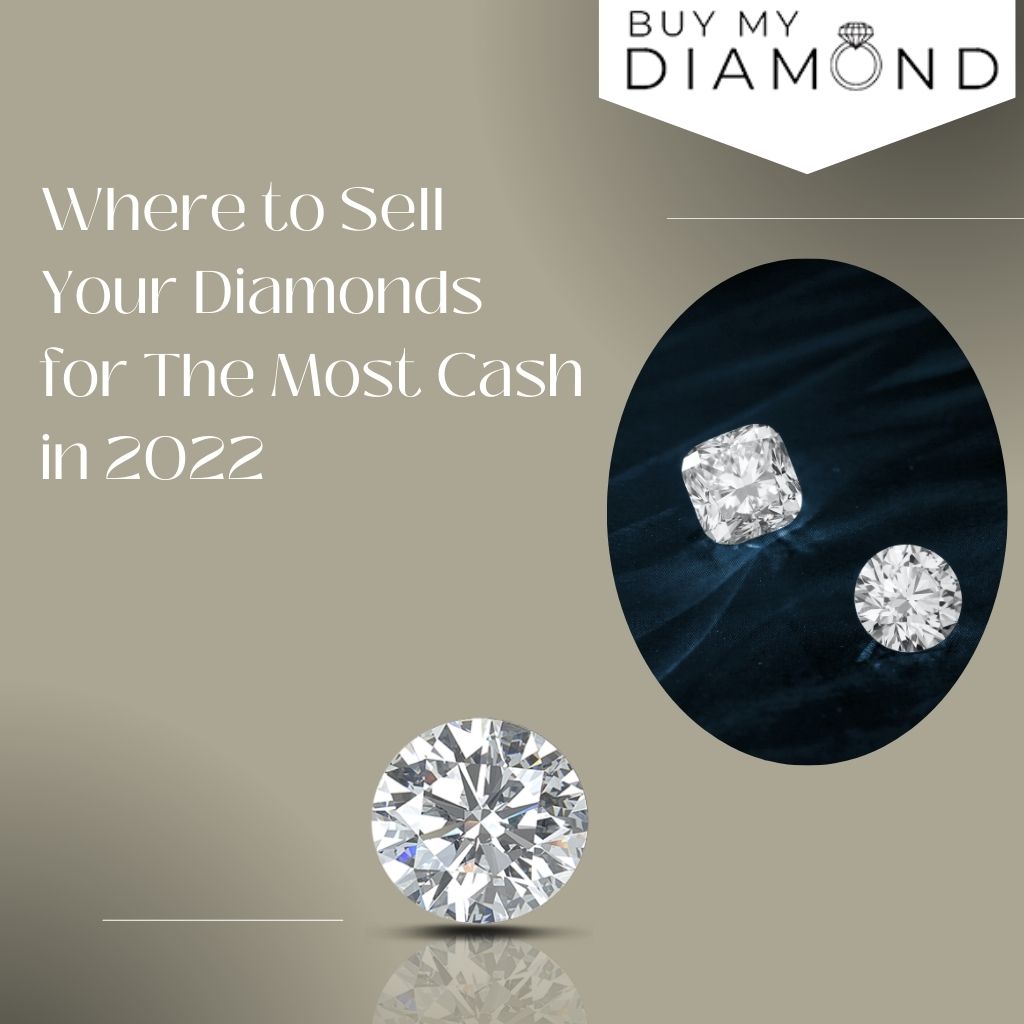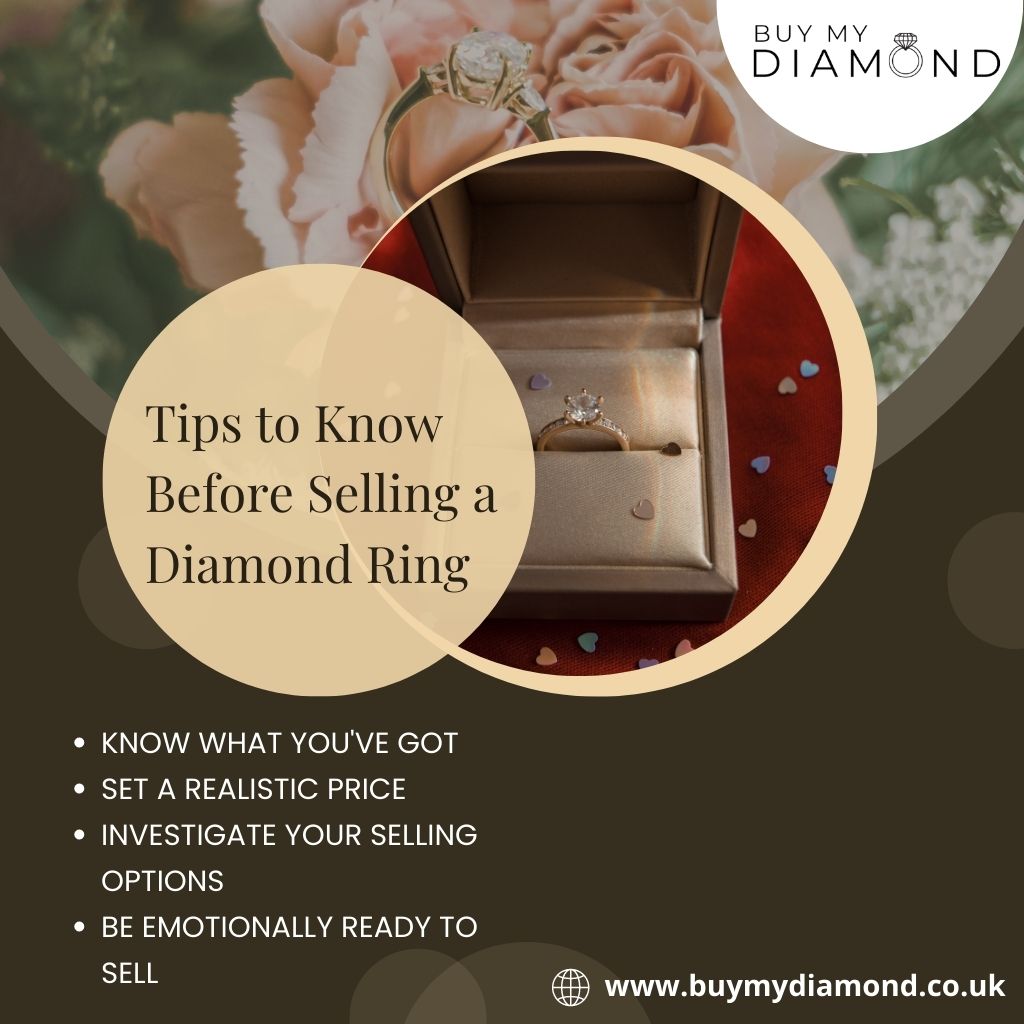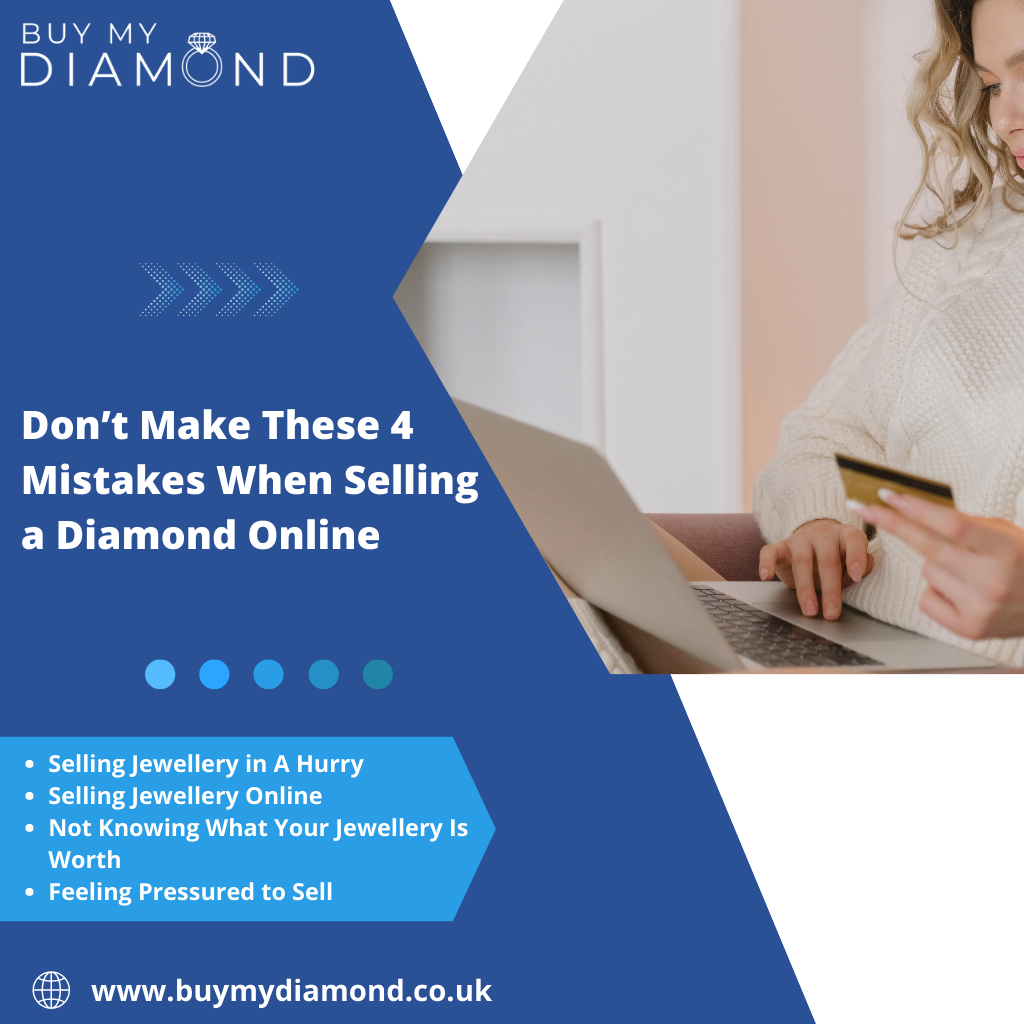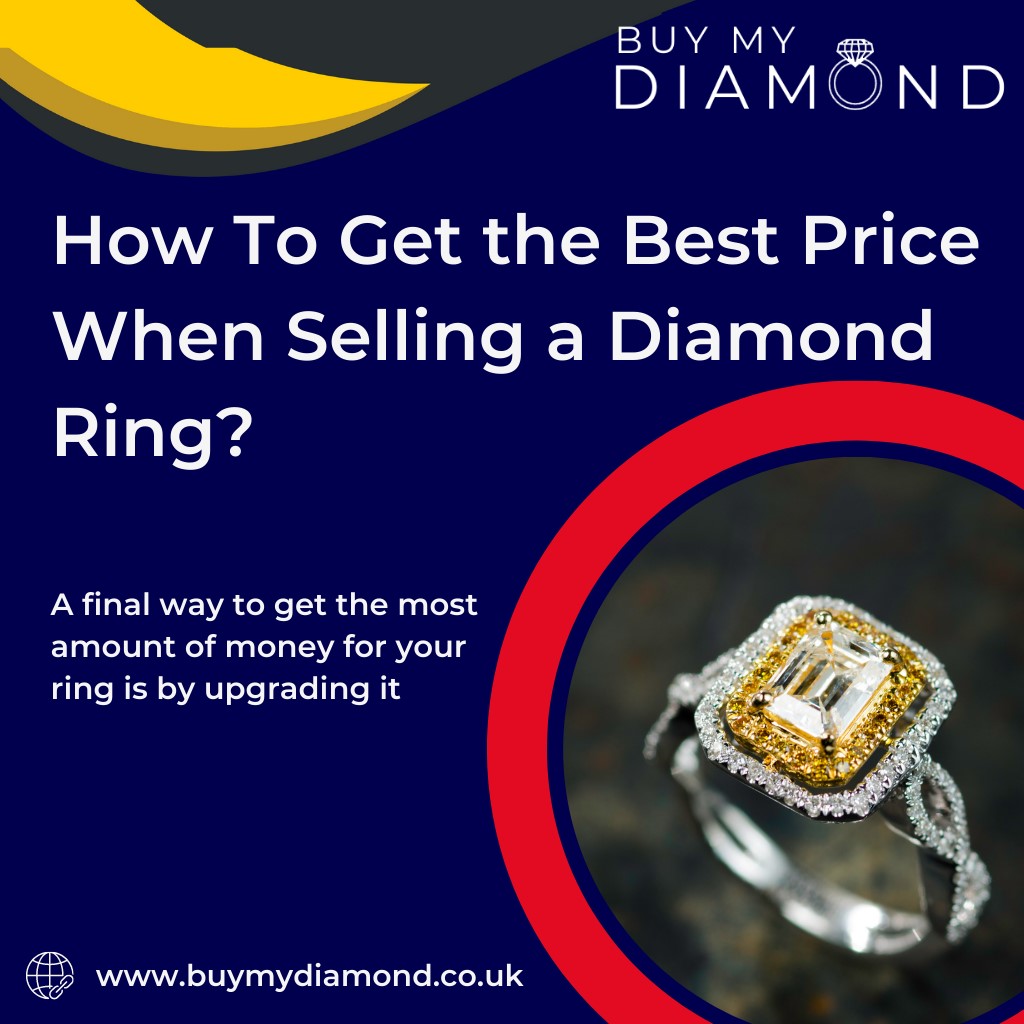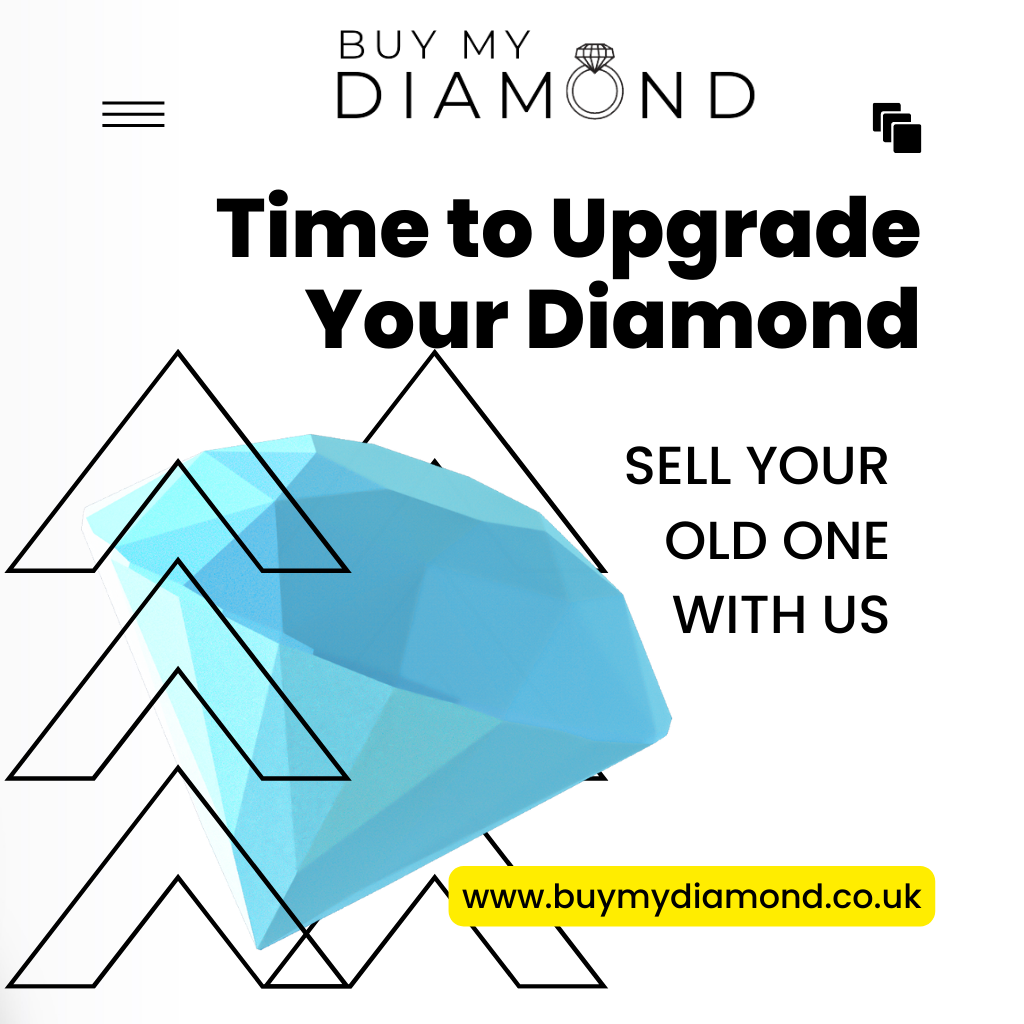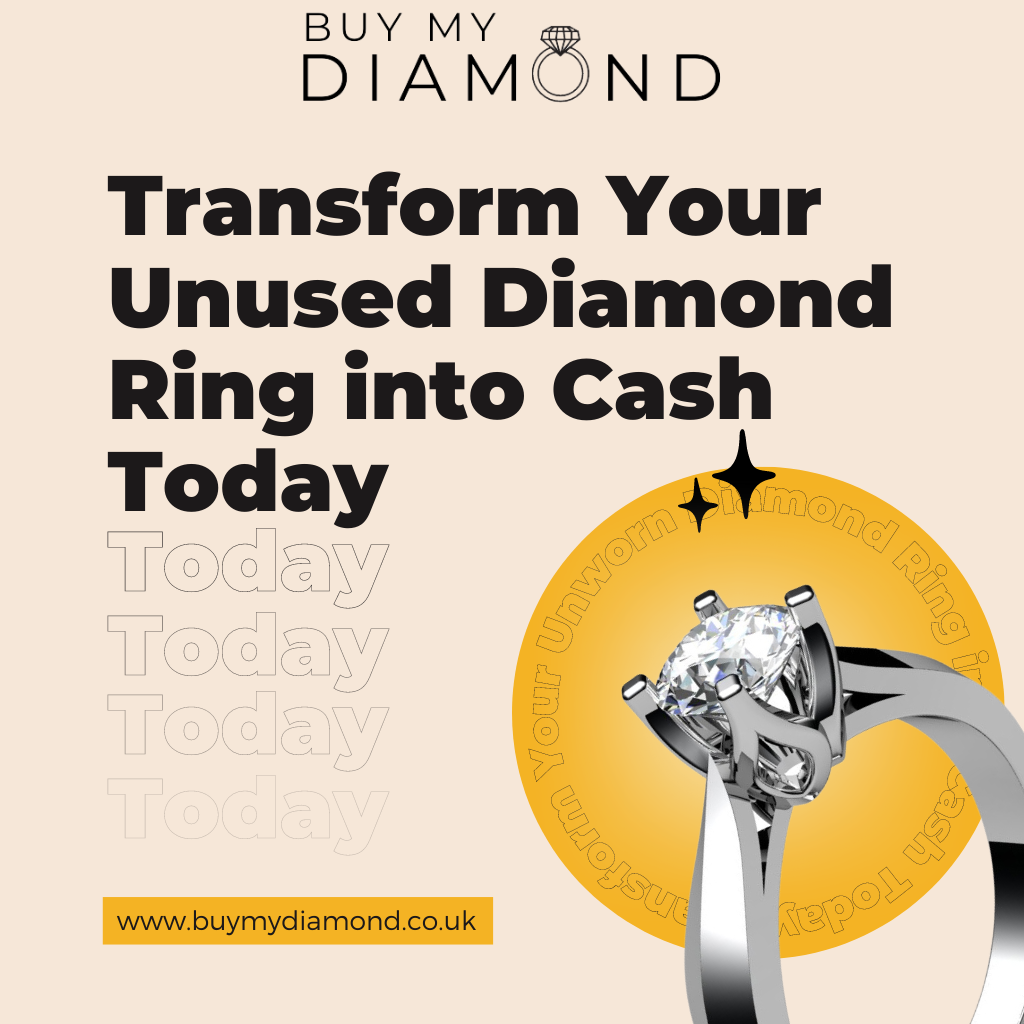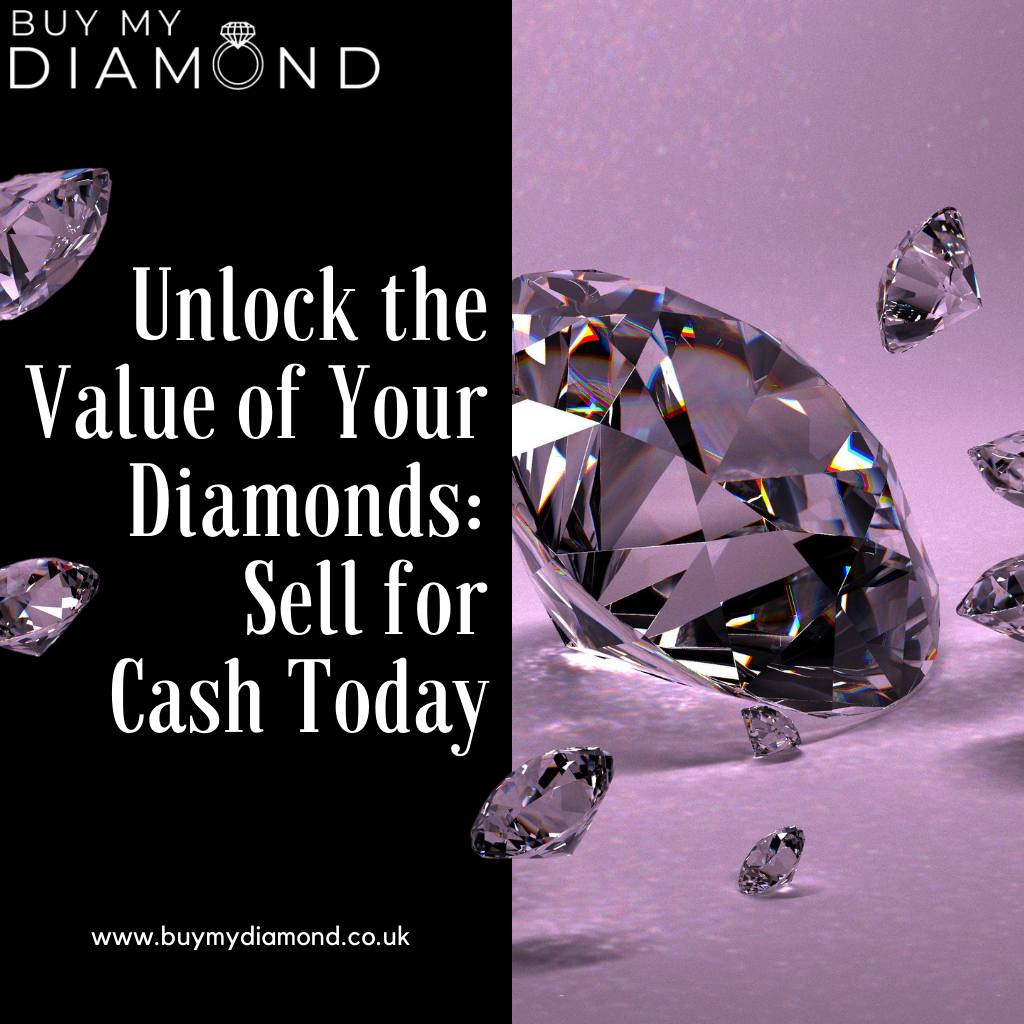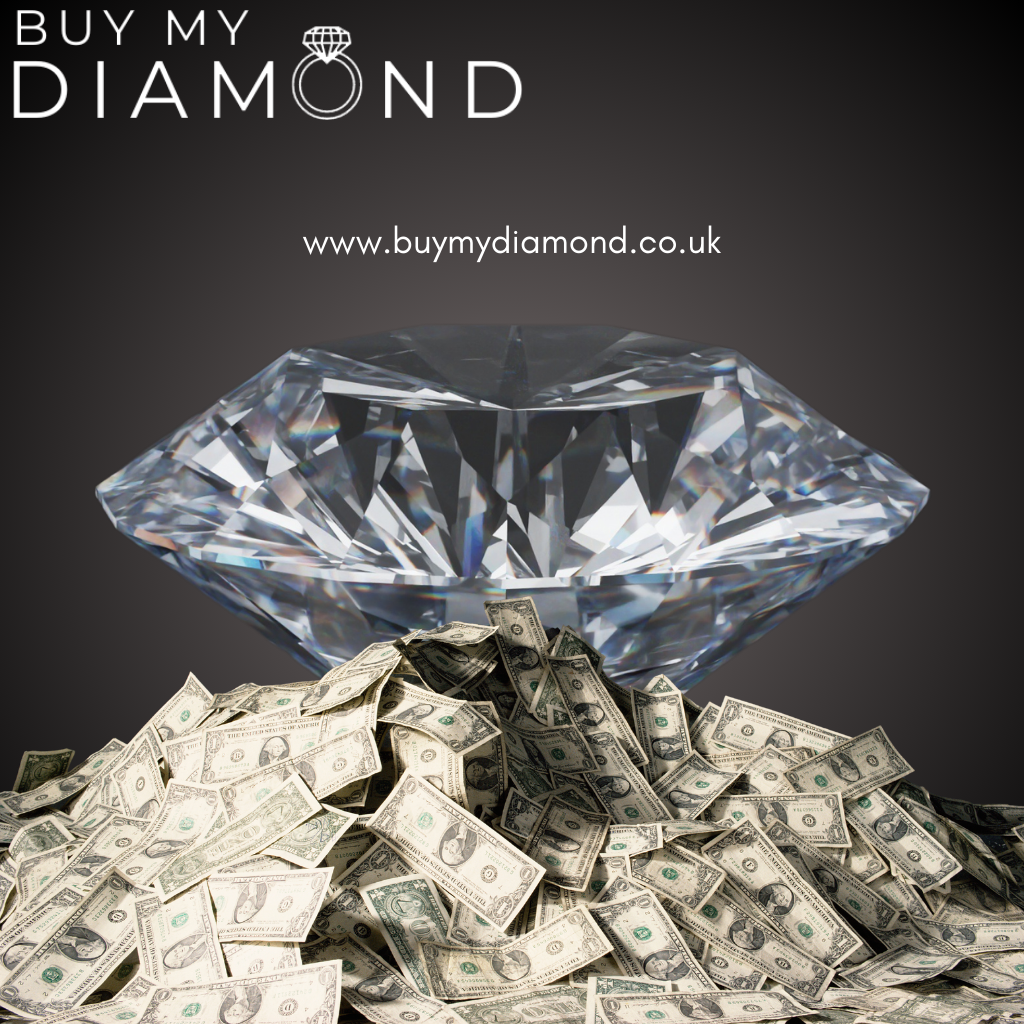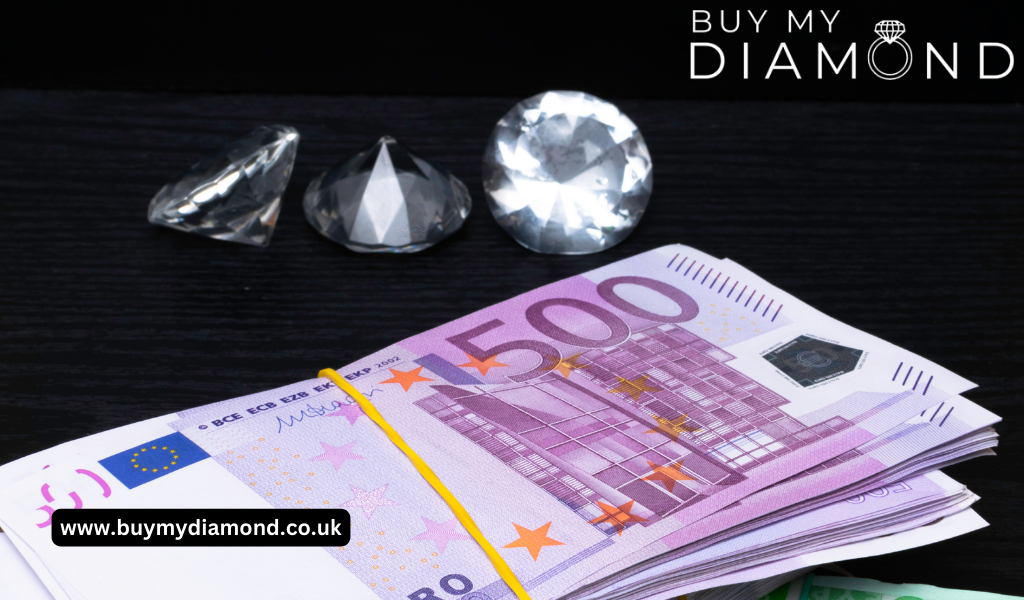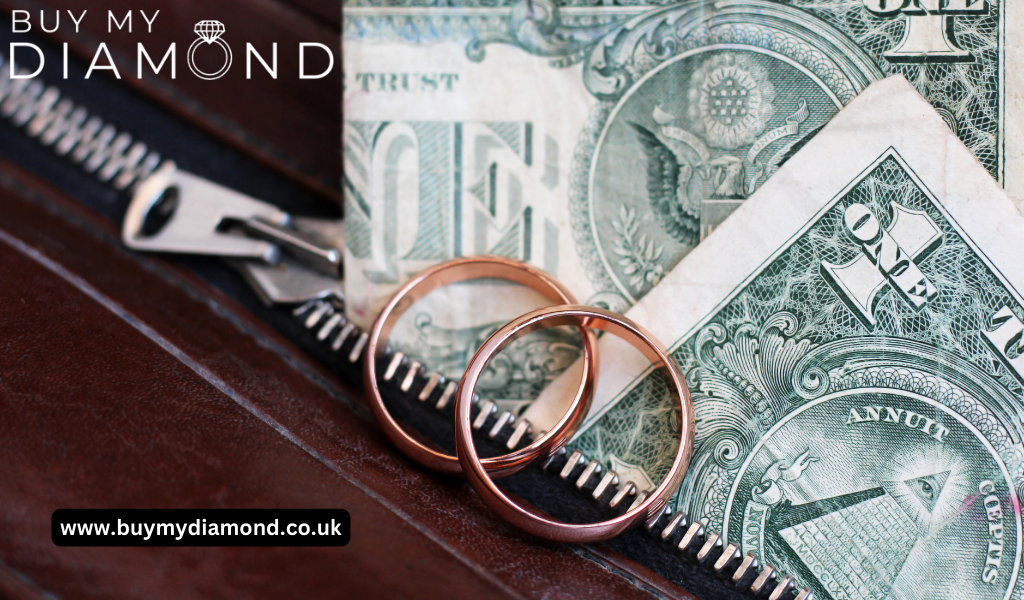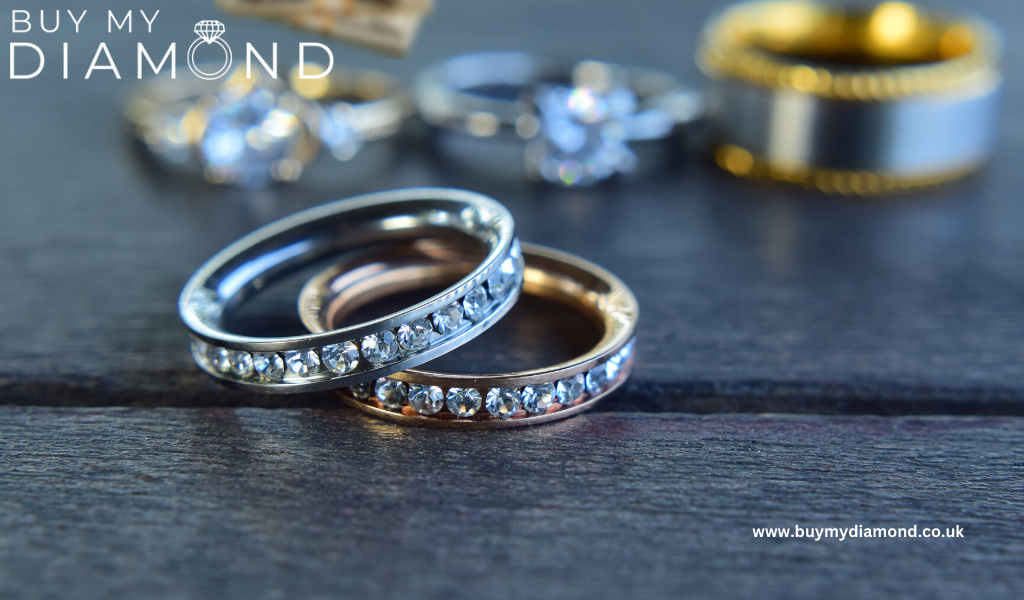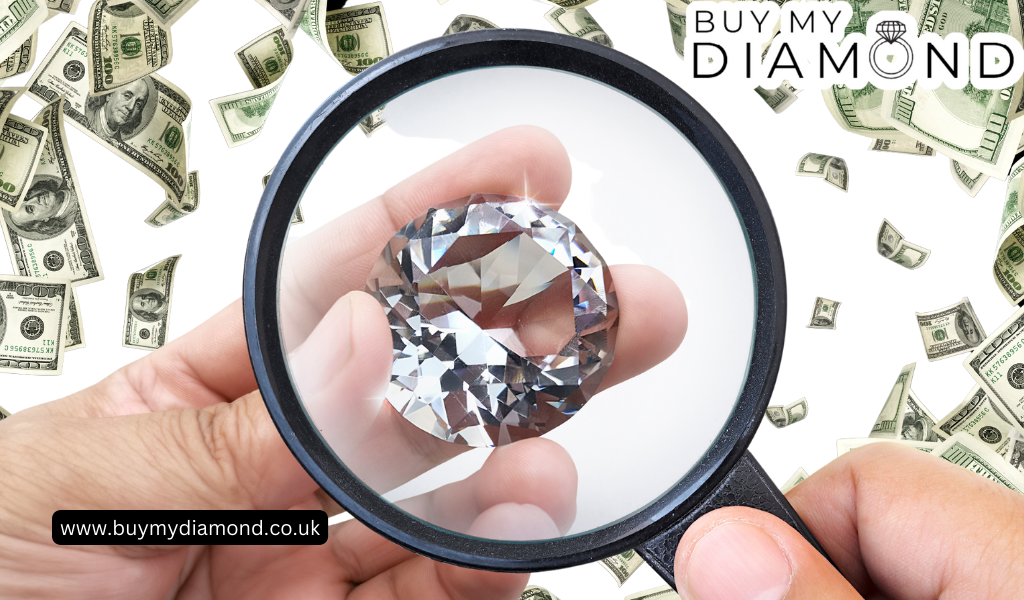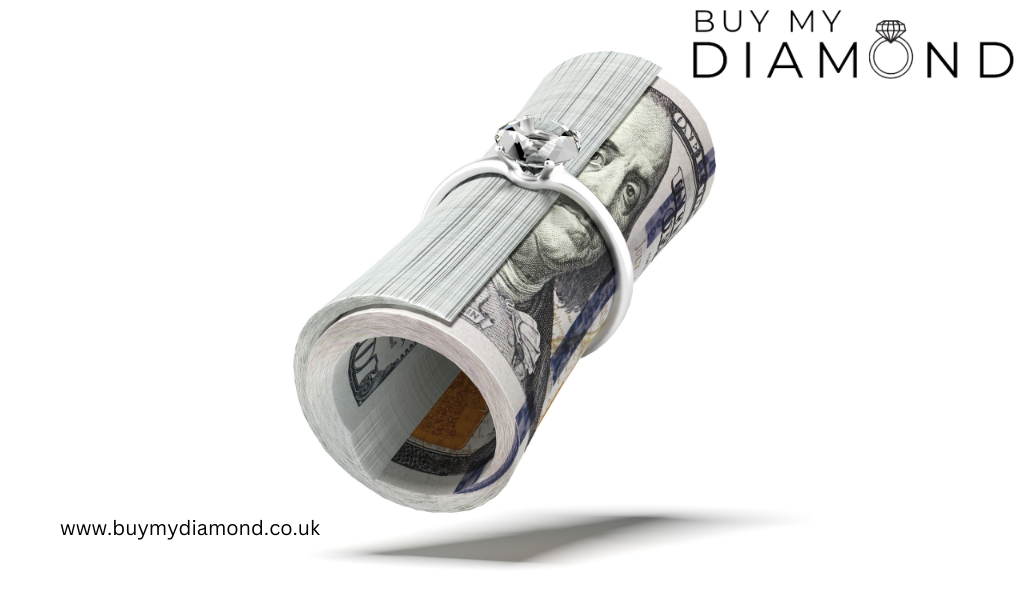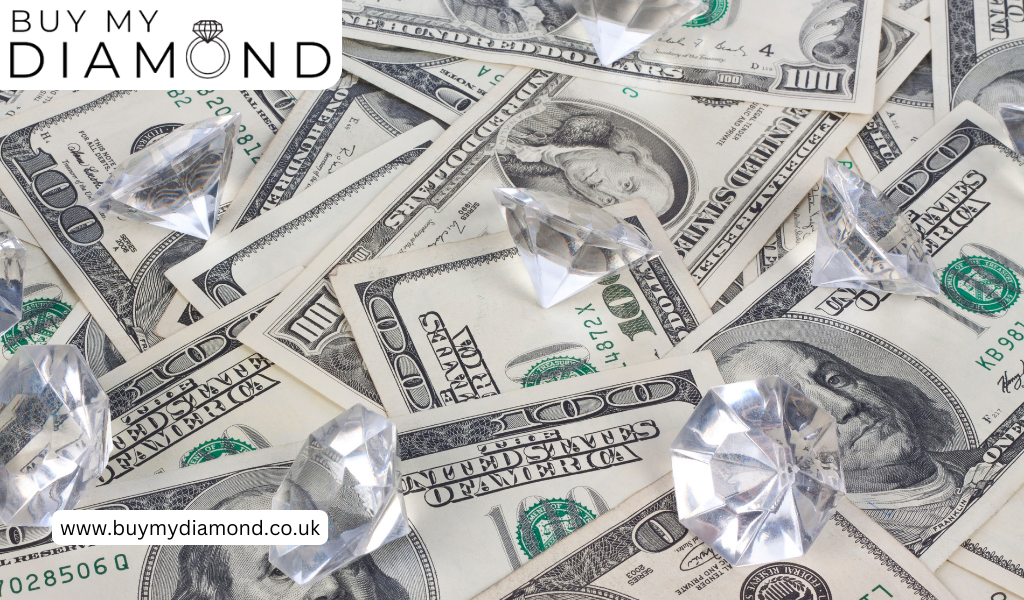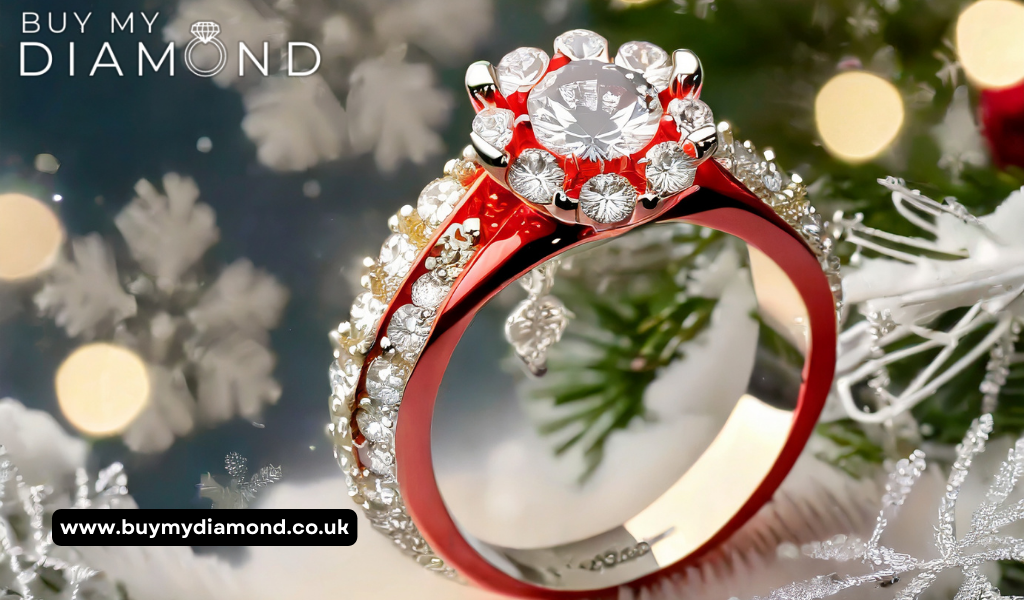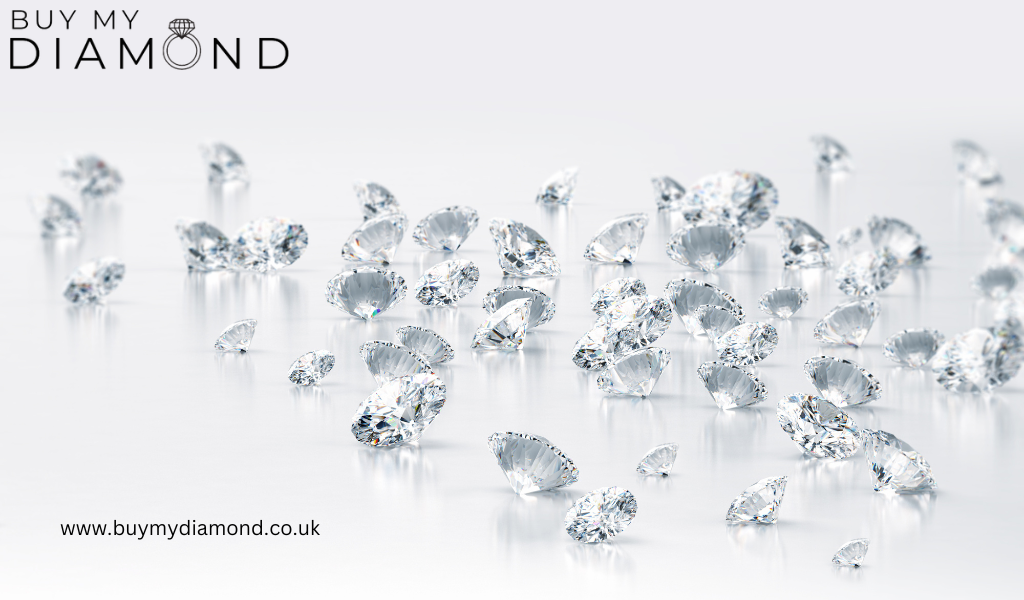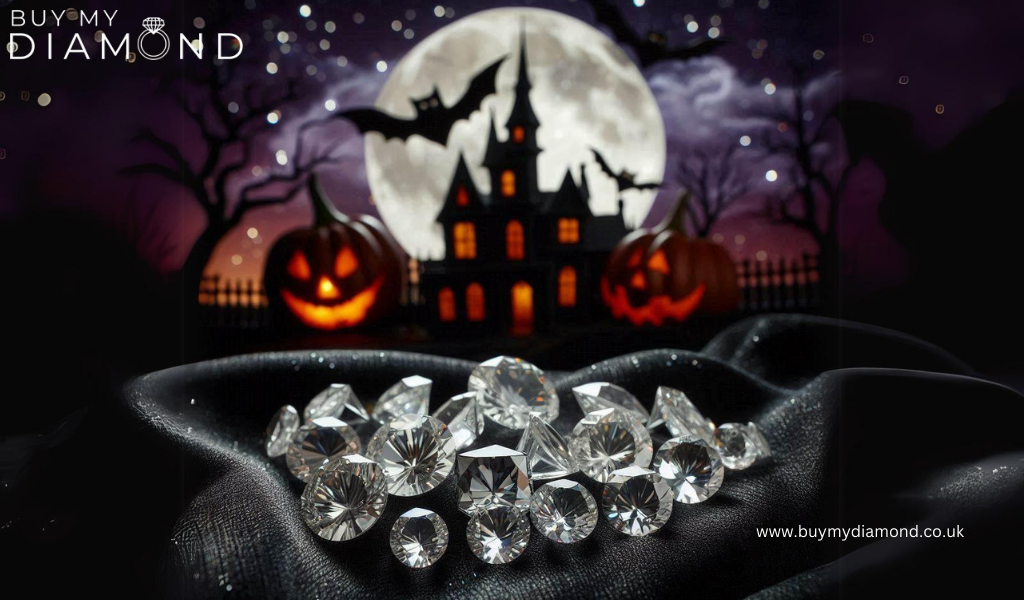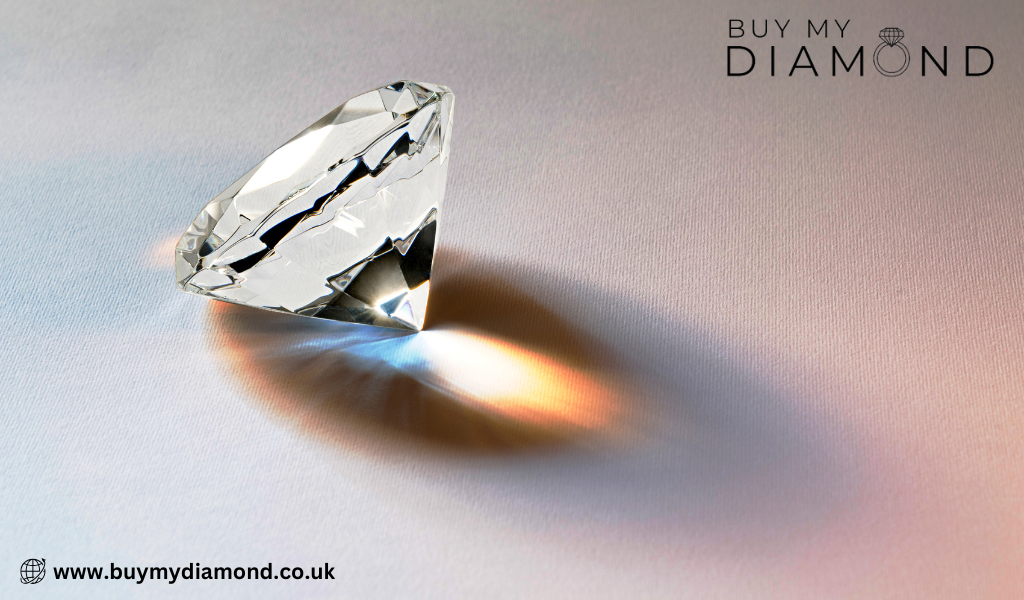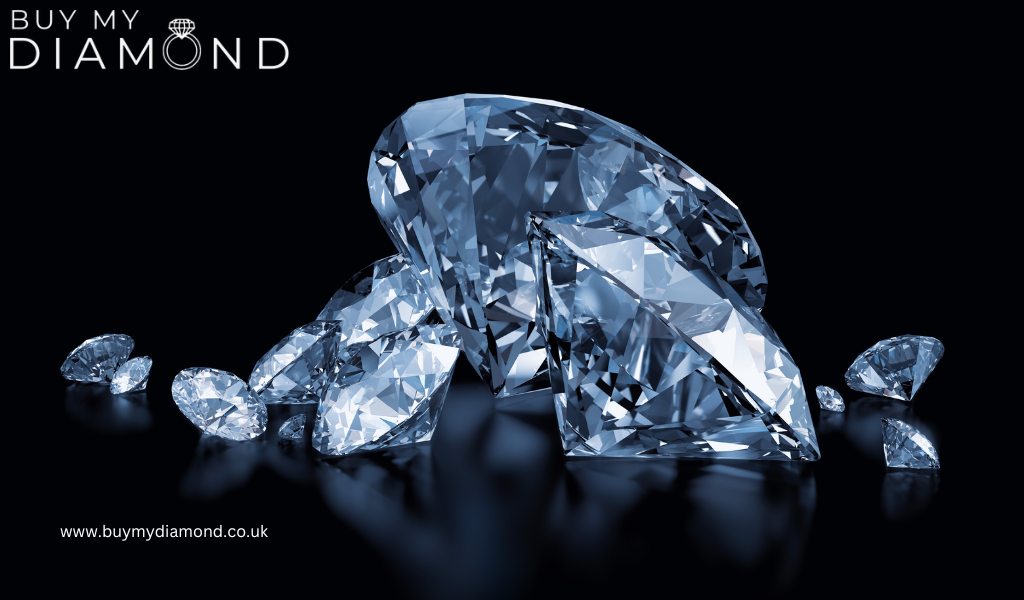How To Sell Certified Diamonds: A Complete Guide
Selling certified diamonds can be an empowering and rewarding process, whether it is upgrading jewellery, liquidating assets, or just wanting to declutter. Certified diamonds hold a higher value due to their authenticity, transparency, and documented grading, making the process more straightforward. However, to maximise returns and ensure a smooth transaction, understanding the nuances of the market is essential. This guide will take you through everything you need to know to successfully sell certified diamonds and get the best deal possible.
Understanding Certified Diamonds
Certified diamonds come with a grading report issued by an accredited gemological laboratory, such as GIA (Gemological Institute of America) or IGI (International Gemological Institute). These certificates detail the diamond's 4Cs: cut, colour, clarity, and carat weight, which are crucial for determining its value.
Having a certificate means that buyers trust the authenticity and quality of the diamond; by doing so, you gain an advantage in the resale market. Before proceeding, ensure your diamond certificate is valid and issued by a reputable organisation.
Determining Value for Your Diamond
To determine the resale value of your diamond, begin by reviewing its certificate. Look at:
Carat weight: The bigger the diamond, the more valuable it is.
Cut quality: A well-cut diamond reflects light better than other diamonds, and of course, this enhances its aesthetic appeal.
Clarity and colour: The higher the grades, the costlier they are.
Look for the market price of similar certified diamonds sold online. Alternatively, get an appraisal from an appraiser or a local jeweller.
Where to Sell Certified Diamonds
Here are some places you could sell your certified diamonds to.
Online Marketplaces
Platforms such as eBay or Etsy are wonderful for reaching a large market audience. However, ensure the existence of clear photographs and detailed descriptions and even proof of certification to attract serious buyers.
Expert Diamond Buyers
These types of buyers specialise in buying certified diamonds, often at competitive prices. Study reviews and ratings before proceeding to work with a reputable dealer.
Auction Houses
For fine and scarce diamonds, you can always have auction houses help you fetch the premium prices. Know that auction commissions can run pretty high.
Local Jewellers or Pawn Shops
These outlets sell the diamond quickly, but you could be offered a little less because of overheads and profit margins.
Diamond Presentation
Before selling your diamond, ensure it's as pristine as possible:
Professional Cleaning: Have your diamond professionally cleaned to enhance its appearance.
Photographs: Capture high-quality images to showcase their brilliance and details.
Documentation: Gather all relevant paperwork, including the certification and original purchase receipt, to establish authenticity.
Marketing Your Diamond Effectively
When selling online or independently, a well-crafted listing can make a big difference. Include:
A Clear Title: Example: 1.5 Carat GIA-Certified Diamond, Excellent Cut.
Detailed Description: Specify details such as colour grade, clarity, and carat weight.
Certification Details: Include the issuing authority, such as GIA or IGI, and the certificate number.
Transparency breeds trust among potential buyers, which will increase your chances of selling it.
Avoiding Common Mistakes
Overpricing Your Diamond
An unrealistic price can scare away buyers. Use the current market rates and professional appraisals as a guide.
Not Being Aware of Scams
When selling online, only use secure payment methods and reputable platforms. Be wary of buyers offering suspiciously high prices or requesting unusual payment arrangements.
Not Negotiating
Be prepared to negotiate. Buyers may try to haggle, so set a price slightly above your minimum acceptable offer to allow room for discussion.
The Legalities
Your sale has to be locally law-abiding. For example, a specific area requires disclosures for any treatments or enhancements to a diamond. By doing that, you won't fall into potential disputes.
Hand over all documents to the buyer.
The selling of certified diamonds is very rewarding if one sells them in the right manner. If one understands the market, is adequately prepared, and chooses the appropriate channel, he or she can ensure a maximum value for the diamond and close the deal. Remember, transparency and patience are key. Whether decluttering or upgrading, you're smartly managing your jewellery assets.
Conclusion
Conclusive Sales When you have come to terms over the value.
Safe payment using transfers and escrow services and sending your stone in the mail insured against risks.
FAQs About Selling Certified Diamonds
Why sell certified diamonds instead of non-certified ones?
Selling certified diamonds ensures buyers can trust the authenticity and quality of the diamond. Certification provides transparency about the nature of the characteristics of the diamond. Hence, they can understand the value and impress the serious buyer.
Can I sell a certified diamond even if I don't have its original certificate?
Yes, you can sell the certified diamond; notwithstanding, it should lose some resale value. Buyers may demand recertification from a responsible gem laboratory to prove its authenticity and grading.
How could I know I'm getting the best price for my certified diamond?
The best price will be achieved by researching the market, comparing offers from different buyers, and consulting an appraiser who is professional. Sales channels include the reputable sites or diamond specialists, which give better returns than pawn shops or general jewellers.


